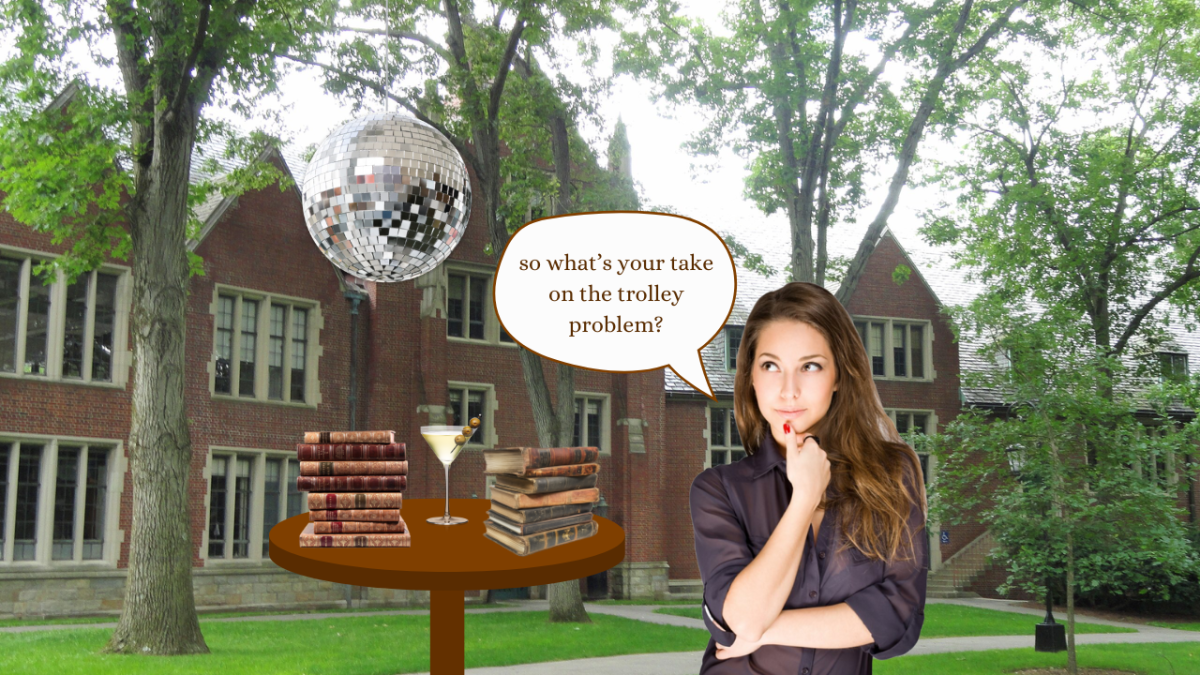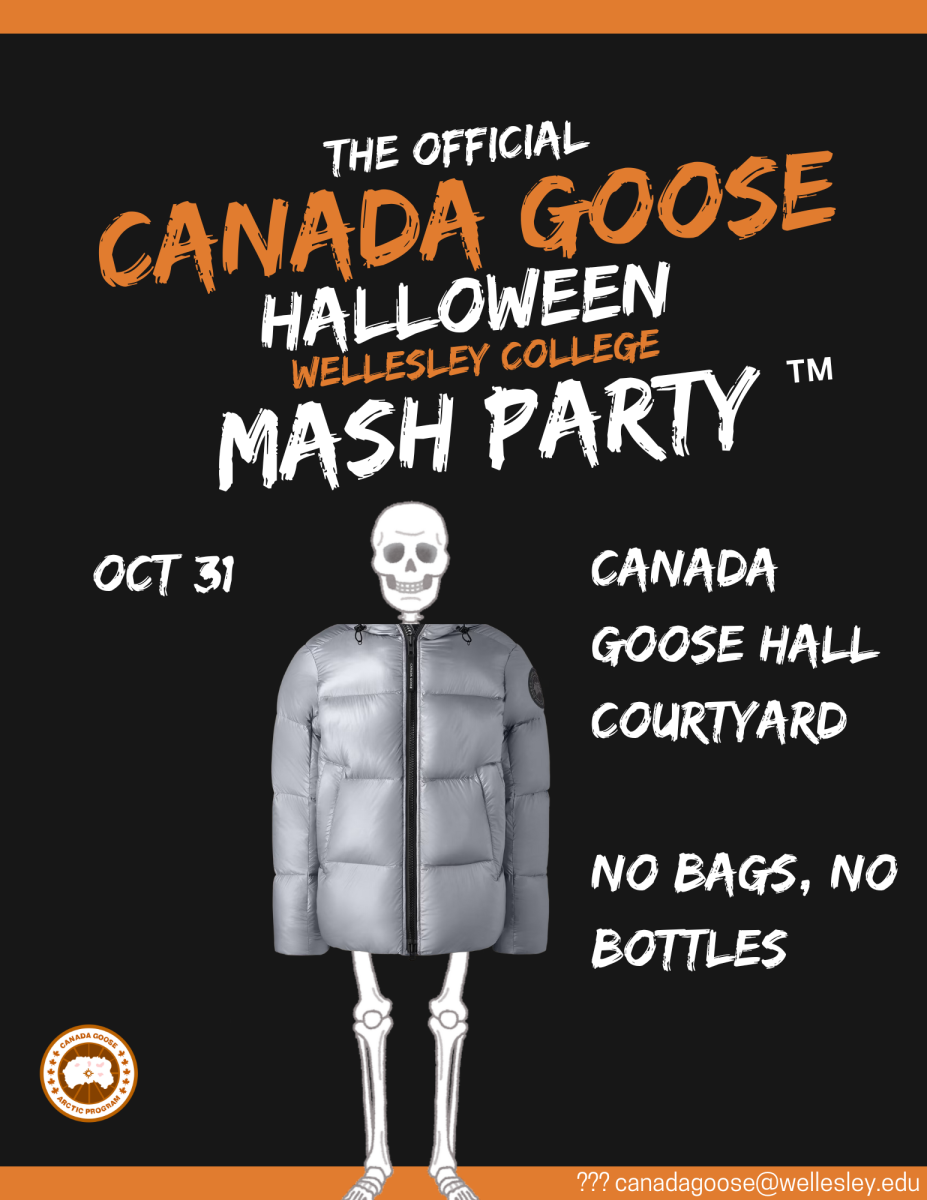Students who are studying remotely due to the COVID-19 pandemic are facing yet another unprecedented challenge this semester. Closed waitlists and limited remote classes are pushing back graduation rates at an alarming rate, with as many as ten percent of students projected to graduate later than usual.
“It’s a problem that nobody really wants to talk about,” said one Wendy from the Class of 2022, who had spent much of her spring remote tuition reimbursement on purchasing class gear for her new expected graduation year of 2023. “Everything is different — my class color, the students I’ll be taking the rest of my intro classes with and especially the state of my psychological well-being when this whole thing blows over.”
Remote underclassmen bear the brunt of the setbacks fall semester, with only meager pickings left behind after juniors and seniors have had their fill. They are also likely to bear the majority of the costs of over-purchasing from the college bookstore, which sends them increasingly desperately-worded emails each day.
The Artichoke interviewed a remote sophomore, a prospective data science with a concentration in neuroscience and CS double major who decided to take a gap semester after being unable to take any classes that would give her credit for her intended majors.
“I had a perfect twenty year schedule I made in first year that closely documented my periodic rise through Silicon Valley all the way until I was CEO of Facebook,” the student said. “This is going to set me back on that plan by at least four years. The only bright side I can see to this is that I’ll still be able to march with my old classmates during alumnae reunions.”
As waitlists close and faculty refuse to teach more remote classes, most students have skipped the denial, anger, bargaining and depression stages of grief directly into bleak acceptance.
“How are we going about waitlisting now that we can’t just show up to the class to peer pressure teachers into letting us in?” asked Lena Srun ’23. “Does that mean it’s time to give up hope?”
Evidence the Artichoke has found has suggested that it is.



